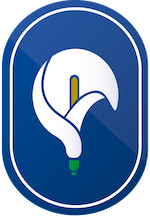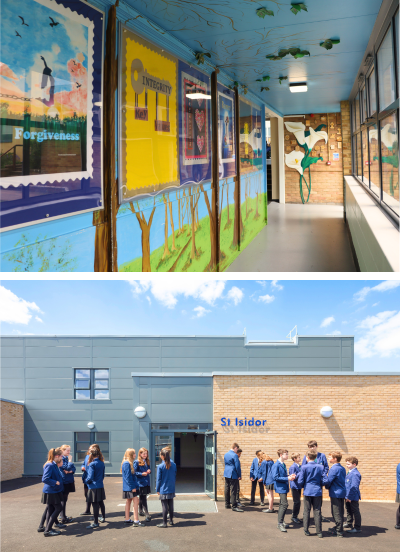GCSE HISTORY
🎓 The Course
In GCSE History, pupils will learn about who we are as a nation and as global citizens by looking at the past through evidence and sources. The course looks at human history though people, places and ideas, looking at how things change over time and how things are changed forever.
GCSE History teaches how to analyse information quickly and clearly, a key skill in a modern world filled with facts and opinion. You will learn how to organise your ideas and communicate them in a clear, logical and persuasive way.
Paper 1 will look at Germany before and after the First World War, and how the Treaty of Versailles and the roaring twenties and the Wall St Crash that followed led to dictatorship, Fascism’s rise and ultimate defeat. It will also cover the years following the First World War, looking at how people and politicians tried to make sure that the ‘war to end all wars’ was never repeated – a hope that ultimately failed by 1939.
For Paper 2, we study migration, empires and the people c.790 to the present day . Linking global history back to Britain, the topic covers the ebb and flow of people into and out of Britain, as well as the growth and decline of the British Empire and the emergence of the Commonwealth and the European Union, and ultimately Brexit.
We will also look at Elizabethan England (c. 1568-1603 ), particularly the last 35 years of Elizabeth I’s reign, including economic problems and successes, culture, politics, the threat of invasion and the development of Britain’s ‘Golden Age’. The historic environment looks at Elizabethan England through a specific location, investigating how the site is related to a changing Elizabethan world and its people.
📝 Assessments
- Paper 1: Understanding the modern world (2 hours) 50% of the final mark
- Paper 2: Shaping the nation (2 hours) 50% of the final mark



